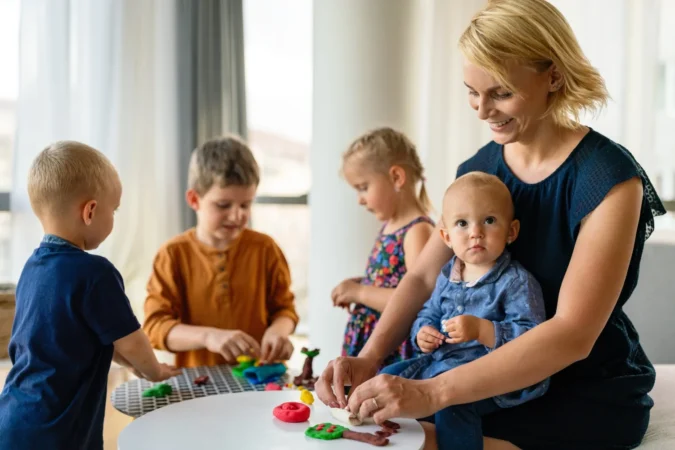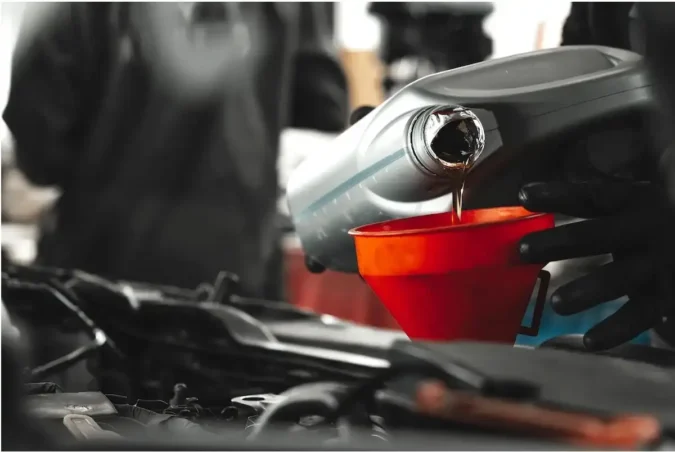What if your child could pick up a new language without even realizing they’re learning? What if exposure to another culture didn’t mean a plane ticket or a textbook, but simply inviting someone new into your home?
That’s exactly what happens when families bring in an au pair. It’s not just childcare. It’s daily language immersion, real cultural exchange, and a much broader worldview for everyone involved.
The Power of Daily Language Exposure
Children are incredibly responsive to the sounds and rhythms of language. They absorb tone, vocabulary, and pronunciation much faster than adults do. And the more natural the environment, the better they learn.
Bringing in a caregiver through an au pair agency creates this environment in the most effortless way. It’s not a scheduled language class. It’s casual conversation over breakfast, playful singing during bath time, counting while setting the table. Repetition, context, and real-life use make the new language stick.
The difference here is consistency. A few hours a week of language lessons can’t compare to hearing a language spoken every day by someone the child trusts and interacts with constantly.
Age Matters — And So Does Context
The younger a child is, the easier it is for them to become bilingual or develop strong skills in a second language. Research shows that early exposure to multiple languages helps children:
- Build stronger neural connections – Language learning boosts brain development in young kids.
- Develop a native-like accent – Early learners mimic sounds more precisely than older learners.
- Understand language patterns – It becomes easier to learn other languages later in life.
With an au pair in the home, that exposure starts early and happens in context. Unlike classroom instruction, which can feel abstract, these interactions are rooted in daily routines. A toddler hearing, “Let’s put on your shoes” in two languages quickly learns to associate the phrases with action and meaning.
This context-rich learning supports deeper understanding and faster retention.
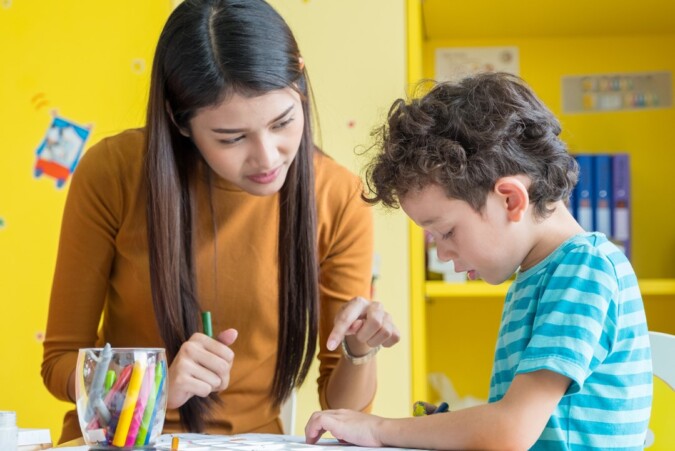
Cultural Exposure Without a Passport
It’s not just about words. Language and culture are inseparable. How people speak, what they say, what they don’t say, and the traditions they follow all come as a package.
An au pair brings that package right into your home. Whether it’s celebrating a different holiday, introducing new foods, or sharing stories from their country, cultural exposure happens naturally. Children don’t just learn about another culture. They experience it.
These experiences create empathy, openness, and curiosity. Kids grow up understanding that the world is bigger than their neighborhood. They see that people do things differently, and that different isn’t wrong, just different.
For families who value open-mindedness and global thinking, this kind of exposure is priceless.
What Makes This Exchange Unique?
There are many ways children can be introduced to new languages and cultures, but au pair care offers something quite distinct.
- Personal connection – The bond between a child and an au pair is closer than with a teacher or babysitter. This trust makes language learning feel fun and safe.
- Natural setting – Learning a language while playing games or going for a walk is more effective than memorizing lists.
- Mutual learning – It’s not one-sided. Children often enjoy teaching their au pair new words in English, and this exchange strengthens communication.
- Adaptability – Au pairs adjust to the family’s routines. They find creative ways to weave in their culture and language based on each child’s age and interests.
This mutual benefit builds a sense of respect on both sides. Children feel like active participants, not passive learners.
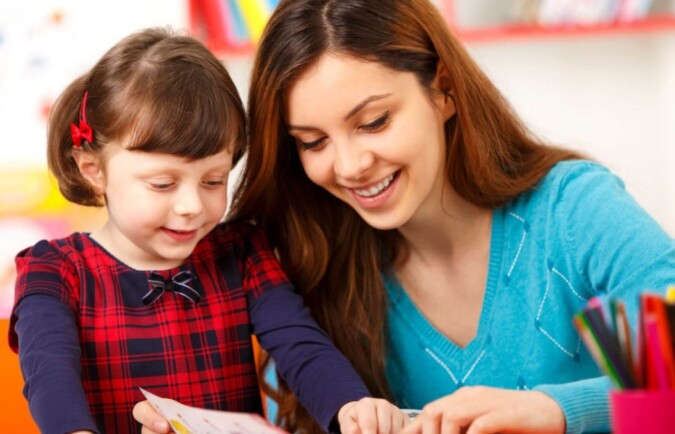
Long-Term Benefits for Children
Even if a child doesn’t become fully fluent, the advantages are long-lasting. Early exposure to a second language improves:
- Listening skills – Children learn to pay attention to context and tone more effectively.
- Problem-solving abilities – Bilingual children often show more flexible thinking and creativity.
- Academic performance – Studies have linked early language learning to stronger literacy and math skills.
- Confidence – Being able to speak or understand a second language, even a little, gives children a sense of achievement and pride.
Cultural awareness also becomes part of their identity. It shapes how they see others, how they adapt in unfamiliar situations, and how they approach conversations across differences.
These are life skills that serve them well, no matter what path they take in the future.
For the Whole Family, Not Just the Kids
The beauty of having an au pair in the home is that the cultural exchange doesn’t stop with the children. Parents, too, often gain a broader perspective.
Maybe you start picking up a few new phrases. Maybe you try dishes you’ve never made before. Maybe your family calendar now includes traditions you’d never heard of before.
This ripple effect strengthens the household. Everyone becomes more globally aware, more curious, and often more appreciative of their own cultural habits as well.
It also brings a deeper human connection. When someone from another part of the world becomes part of your everyday life, stereotypes and assumptions naturally fall away. You see the individual, not just the culture they come from.
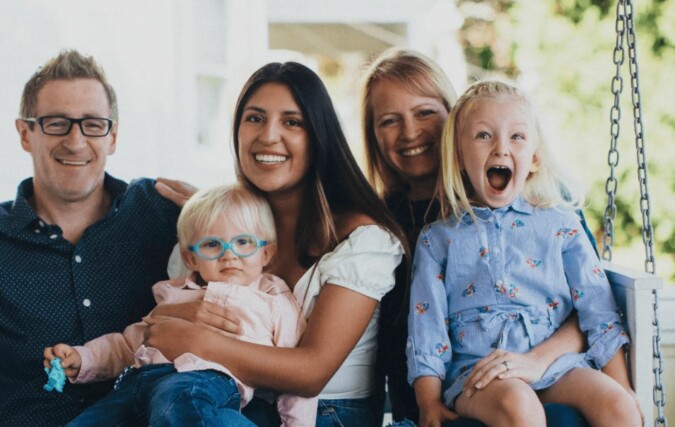
Where Language Meets Life
Language learning and cultural understanding don’t need to be separate from your family’s routine. They don’t need to be academic or formal. They can be baked into the day-to-day.
Au pair care creates a living classroom. Children learn while they play, talk, and grow. They get the kind of exposure that no textbook or online program can deliver, because it’s based on relationship, rhythm, and real interaction.
In a world that often feels disconnected, this kind of personal and cultural exchange is a reminder of what learning should be — human, meaningful, and shared.
If you’re looking for a way to give your children a more global, connected upbringing, inviting another culture into your home might be the most impactful step you can take.

